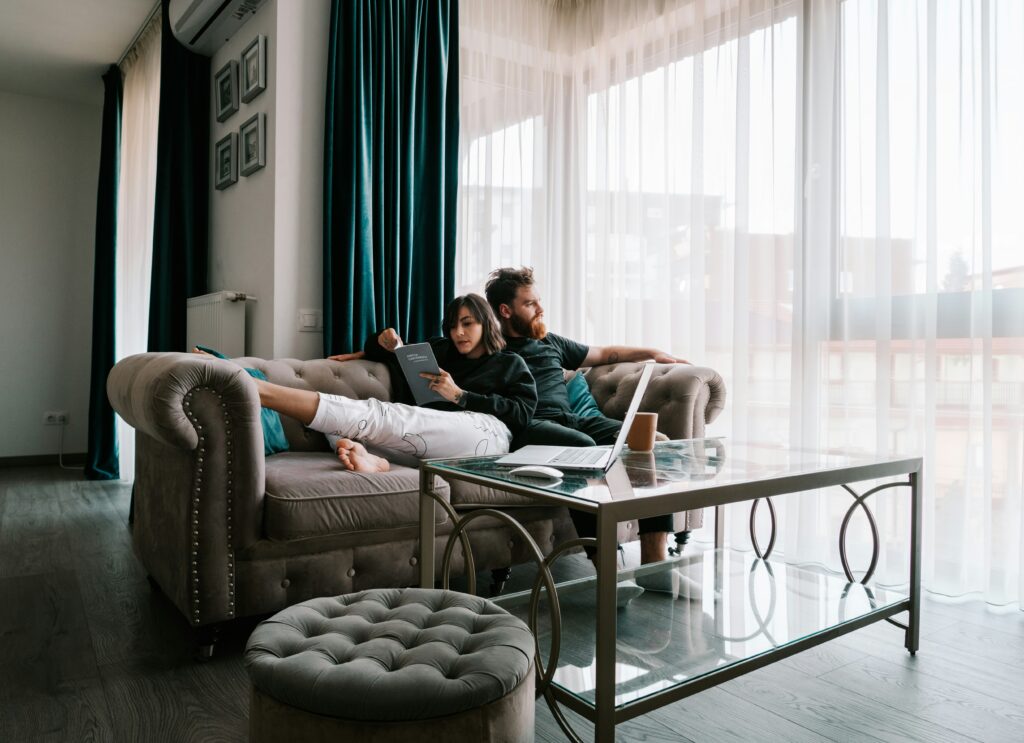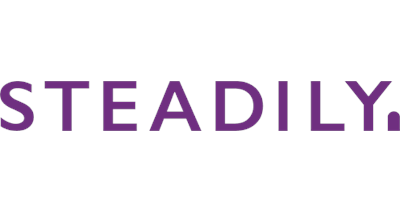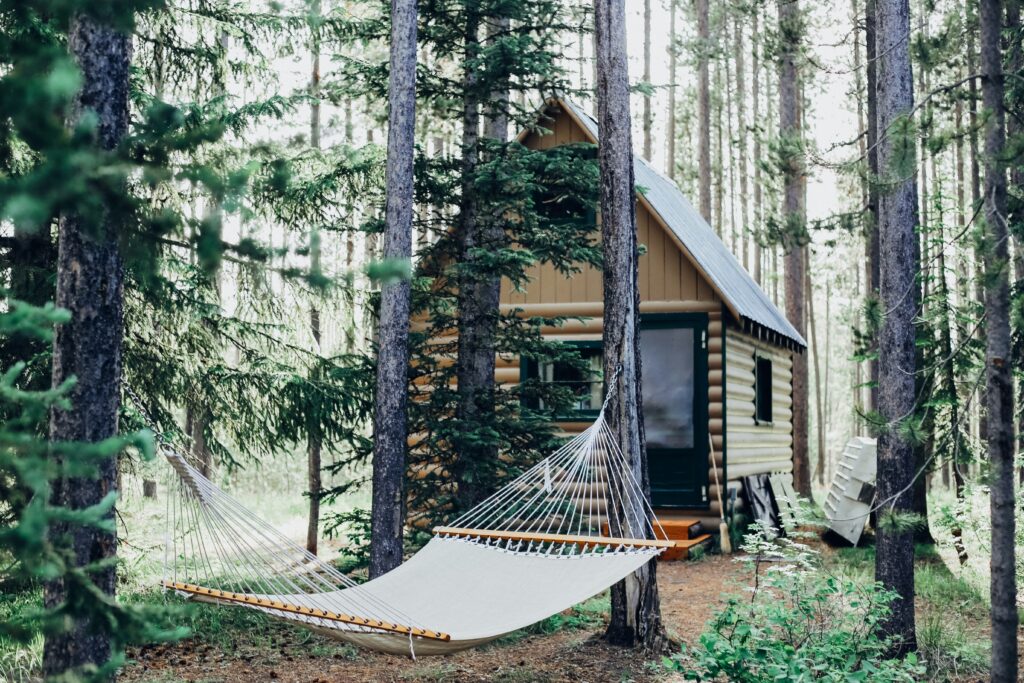Imagine opening the doors to your cherished vacation home, only to find a scene of unexpected chaos:
your stylish sectional sofa now sports unsightly tears, the walls are defaced with erratic scribbles, and the antique lamp from your grandma lies in fragments.
While such instances are infrequent, they are not beyond the realm of possibility for short-term rental hosts. Given the popularity of vacation rentals, it’s important for hosts to recognize the potential for mishaps and understand how to safeguard their hard-earned investments.
This is where Vrbo’s insurance solutions step in. In this guide, we’ll explore the insurance options available through Vrbo, how they function, and the need to have these protections. We’ll also offer advice on alternative supplementary insurance options and best practices to avoid these incidents in the first place.
What is Vacation Rental Insurance?
 Vrbo understands the importance of protection for both hosts and guests. That’s why they offer a couple of key insurance options to ensure peace of mind for everyone involved.
Vrbo understands the importance of protection for both hosts and guests. That’s why they offer a couple of key insurance options to ensure peace of mind for everyone involved.
$1 Million liability insurance
Vrbo provides $1 million in liability coverage to hosts per property per year. This insurance is meant to protect hosts in case a guest is injured on the property or if there’s property damage that leads to a lawsuit.
It’s important to note, however, that this coverage has its limitations and exceptions. It may not cover certain types of accidents or damages, and there could be caps on how much is paid out for specific claims.
What is covered by the Vrbo liability policy?
Vrbo can provide liability protection that covers a range of incidents, including but not limited to:
- A guest injuring themself at your property (Falling down the stairs, hitting their head, etc.)
- Property damage caused by guests (A guest overflows the bathtub and causes water damage to your neighbor’s unit)
What sort of incidents are not covered by Vrbo liability insurance?
There are a few things that the Vrbo liability insurance won’t cover, such as:
- Intentional damage caused by the rental guest (Vandalism, theft)
- Damage to your own property or belongings (If a guest accidentally breaks your TV)
- Accidents or injuries that occur off the property (If the parties are injured while exploring the city)
How can you file a property damage claim with Vrbo?
All hosts are enrolled in the program automatically. However, it only applies when the booking is made through Vrbo.
This means that if you accept a direct booking for a property instead of through Vrbo, your home will not be covered. This is why it’s important to invest in supplementary short-term rental insurance when adopting a multi-channel listing strategy. Of course, other sites, like Airbnb, offer their own protections, such as AirCover.
To file a claim for Vrbo liability insurance, follow these steps:
- Report the incident immediately: As soon as you become aware of an incident that could lead to a claim, report it to Vrbo. You can email their team at VRBOClaims@Generali-Liability.com. Members from their Generali Global Assistance & Insurance Services are available 24/7.
- Document the damage or Injury: Take detailed photos or videos of the damage or injury. Gather any witness statements, repair estimates, or medical reports, as they will be essential for your claim.
- Await assessment: The insurance company may send an assessor to evaluate the damage or ask for additional information. It’s important to cooperate fully and provide any requested documentation.
- Follow-up: Eligible claims can take time to process. Make sure to follow up periodically to check the status of your claim and respond promptly to any further requests for information from either Vrbo or the insurance provider.
Remember, the success of your claim depends on timely reporting, thorough documentation, and adherence to Vrbo’s insurance policy guidelines. You can learn more about filing a claim with Vrbo in their help center.
Proper Insurance
Vrbo has partnered with Proper Insurance to provide hosts with an additional layer of protection. This vacation rental insurance policy is meant to supplement the $1 million liability coverage provided by Vrbo and provide more comprehensive coverage for specific incidents.
What does Proper Insurance cover?
A Proper Insurance policy covers a wide range of incidents, including those that may not be covered by the Vrbo liability insurance. They may include:
- Damage caused by pets (If a guest brings their pet and it causes damage to the vacation rental property)
- Bed bugs or other infestations caused by guests
- Income loss protection
A Landlord Insurance Policy: Mashvisor’s Partnership With Steadily

Mashvisor is excited to partner with Steadily to provide better insurance coverage options for landlords and short-term rental hosts. While Vrbo’s liability insurance is good, there are significant coverage gaps that Steadily fills.
The innovative cooperation between Mashvisor and Steadily provides all-encompassing coverage. Steadily not only protects the physical property but extends to any furniture within it provided by the landlord or host.
Why choose Steadily?
- Liability protection: Steadily excels in protecting landlords from liability claims
- Comprehensive coverage: Steadily’s policies are robust, covering a wide array of incidents such as:
- Fire
- Water damage
- Theft
- Guest healthcare expenses
- Legal fees should a guest injure themselves onsite and sue
Steadily’s landlord policy is a compelling choice for landlords and hosts looking for more than the baseline insurance offerings, particularly with an eye towards enhanced liability protection.
Best Practices for Hosts
 At the end of the day, nobody likes dealing with insurance issues. It’s always best to be prepared and take the necessary precautions to minimize potential risks. Here are some best practices for hosts to follow:
At the end of the day, nobody likes dealing with insurance issues. It’s always best to be prepared and take the necessary precautions to minimize potential risks. Here are some best practices for hosts to follow:
- Screen guests: Be sure to screen your guests and thoroughly review their profiles and reviews before accepting a booking.
- Create a safety checklist: To ensure the property is safe for guests, create a checklist of safety measures, such as smoke detectors, fire extinguishers, and carbon monoxide detectors.
- Keep records: Record all guest bookings and any incidents that may occur during their stay.
- Communicate clearly: Before guests arrive, set clear expectations and rules, such as house rules, emergency procedures, and what to do in case of an incident.
- Regular maintenance: Stay on top of regular property maintenance to minimize potential hazards.
- Consider additional insurance: For extra protection and peace of mind, consider purchasing additional coverage from a trusted insurance provider, such as Steadily.
Final Thoughts
 In the highly competitive vacation rental industry, the right insurance can mean the difference between a minor inconvenience and a catastrophic financial setback. Steadily’s landlord insurance policies offer comprehensive coverage that is tailored to the unique needs of short-term rental hosts and landlords. By taking proactive steps to safeguard your property with both preventive measures and the right insurance, you can rest easy knowing that your short-term rental business is well-protected.
In the highly competitive vacation rental industry, the right insurance can mean the difference between a minor inconvenience and a catastrophic financial setback. Steadily’s landlord insurance policies offer comprehensive coverage that is tailored to the unique needs of short-term rental hosts and landlords. By taking proactive steps to safeguard your property with both preventive measures and the right insurance, you can rest easy knowing that your short-term rental business is well-protected.